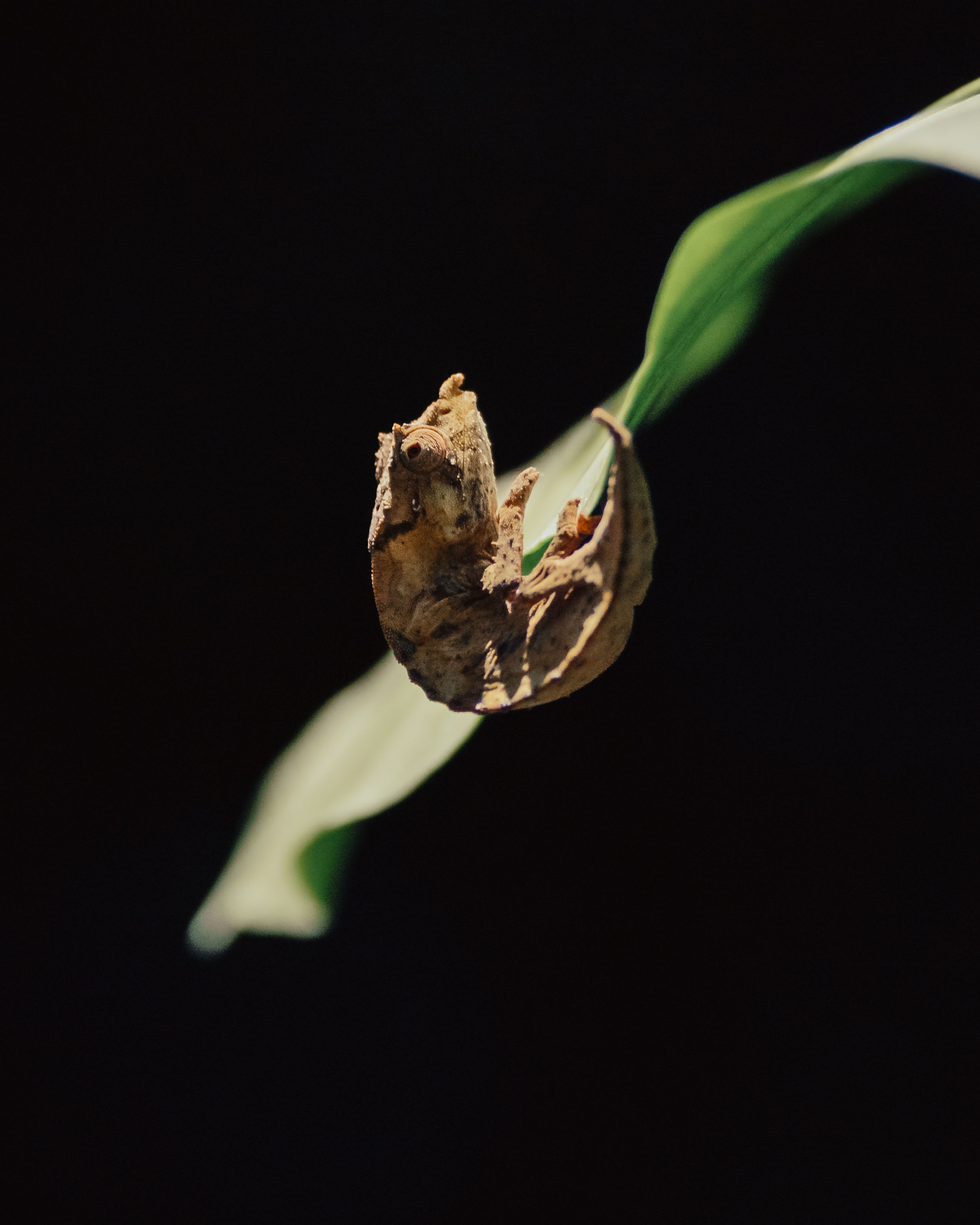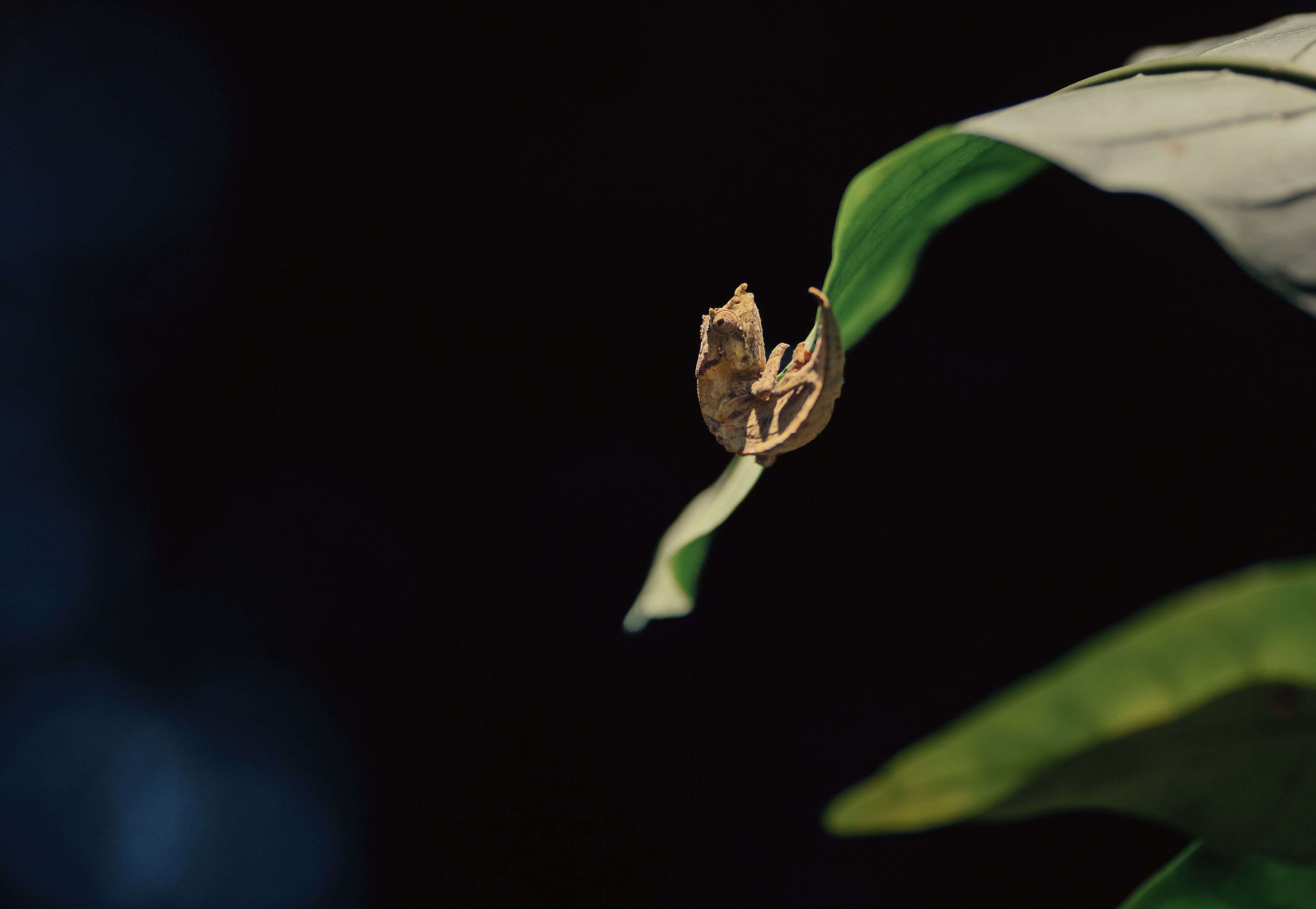Womens In Conservation
Tanzania is home to over 47 species of chameleons, making it the country with the second-largest chameleon diversity in the world, after Madagascar (Reptile-Database.de, as of February 2024). Among these, 26 species belong to the genus Rhampholeon, also known as pygmy chameleons, which are endemic to the Eastern Arc Mountains. These mountains, resembling biological islands, serve as hotspots for species radiation, similar to the Galapagos Islands for Darwin's finches. However, despite their incredible diversity, pygmy chameleons are under threat due to habitat loss, illegal pet trade, and agriculture expansion.


Conservation Initiative for Critically Endangered Nguru Spiny Pygmy Chameleon (Rhampoleon acuminatus) in Mkingu Nature Reserve, Tanzania 2023/2025
WICO is implementing this project in collaboration with the Tanzania Forest Services (TFS), Tanzania Forest Research Institute (TAFORI), and the Mkingu Nature Forest Reserve Authority. This initiative focuses on the Nguru Spiny Pygmy Chameleon (Rhampoleon acuminatus), a critically endangered species that is endemic to the Mkingu Nature Reserve in the Eastern Arc Mountains. The project aims to gather essential data on the species' population, distribution, habitat preferences, and conservation status, to better understand the ecological conditions necessary for its survival.
One of the key outcomes of this project has been the collection of data that will help inform conservation strategies to protect the species and its habitat. The project not only assessed the distribution of the species within the Mkingu Nature Reserve but also mapped the key threats and ecological conditions influencing its population. Through this process, the project strengthened stakeholder engagement by working closely with local communities, wildlife authorities, and other conservation partners to develop sustainable conservation strategies. This collaboration has helped raise awareness about the ecological importance of the Nguru Spiny Pygmy Chameleon and has promoted the adoption of habitat protection measures.
This initiative is laying the foundation for ongoing ecological research and monitoring of the Nguru Spiny Pygmy Chameleon. Moving forward, the project will focus on enhancing community-based conservation efforts, strengthening habitat restoration activities, and advocating for stronger enforcement of wildlife protection laws, especially in combating the illegal pet trade. The conservation initiative has already made significant strides in improving the status of the Nguru Spiny Pygmy Chameleon, and the information collected through this project will serve as a critical resource for the long-term protection and conservation of this critically endangered species.
The project has received funding support from the EDGE Fellowship and the Rufford Foundation, which have enabled the project to carry out its ecological research, community engagement, and habitat restoration efforts.


Community Engagement and Education for Chameleon Conservation across Tanzania 2025 onwards
WICO is implementing a comprehensive community outreach program aimed at raising awareness about the importance of chameleon conservation across Tanzania. The program began with educational sessions in schools and communities within the Nguru Mountain landscape, where our focus chameleons are found. The initiative focused on educating local populations about the ecological significance of chameleons, particularly pygmy chameleons, and their role in maintaining a healthy ecosystem.
Through community outreach meetings and school education programs, WICO aims to increase understanding of the threats facing these unique reptiles, including illegal pet trade, habitat destruction, and agricultural expansion. WICO is actively working to promote sustainable agricultural practices that do not harm chameleon habitats. These practices include agriculture in harmony with conservation and encouraging methods that reduce forest clearing and habitat fragmentation.
As part of the project, WICO aims to expand its outreach efforts beyond the Nguru Mountain region to other parts of Tanzania, where chameleon populations also face similar threats. The program also includes engaging local communities in the protection of chameleon habitats and promoting their involvement in conservation activities. By fostering positive attitudes towards chameleons, we hope to create a sustainable coexistence between local people and wildlife.